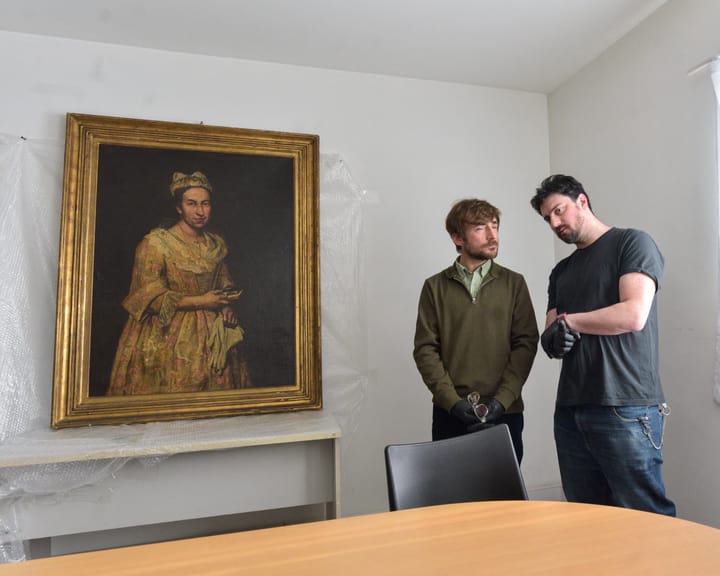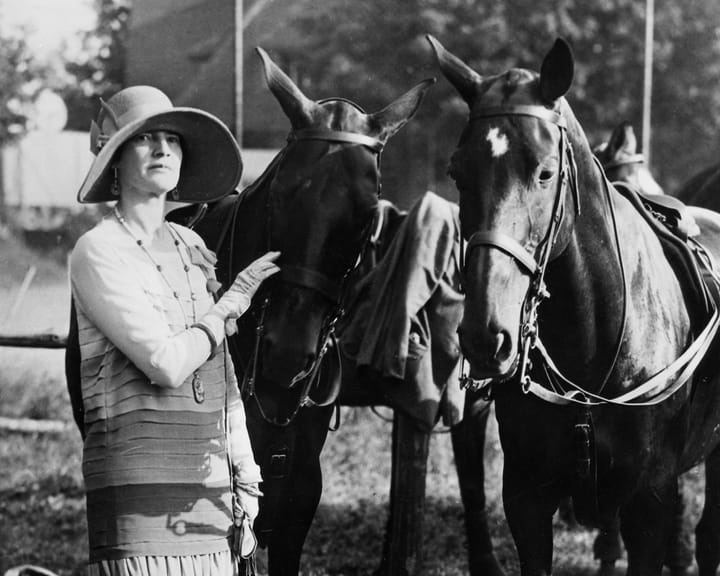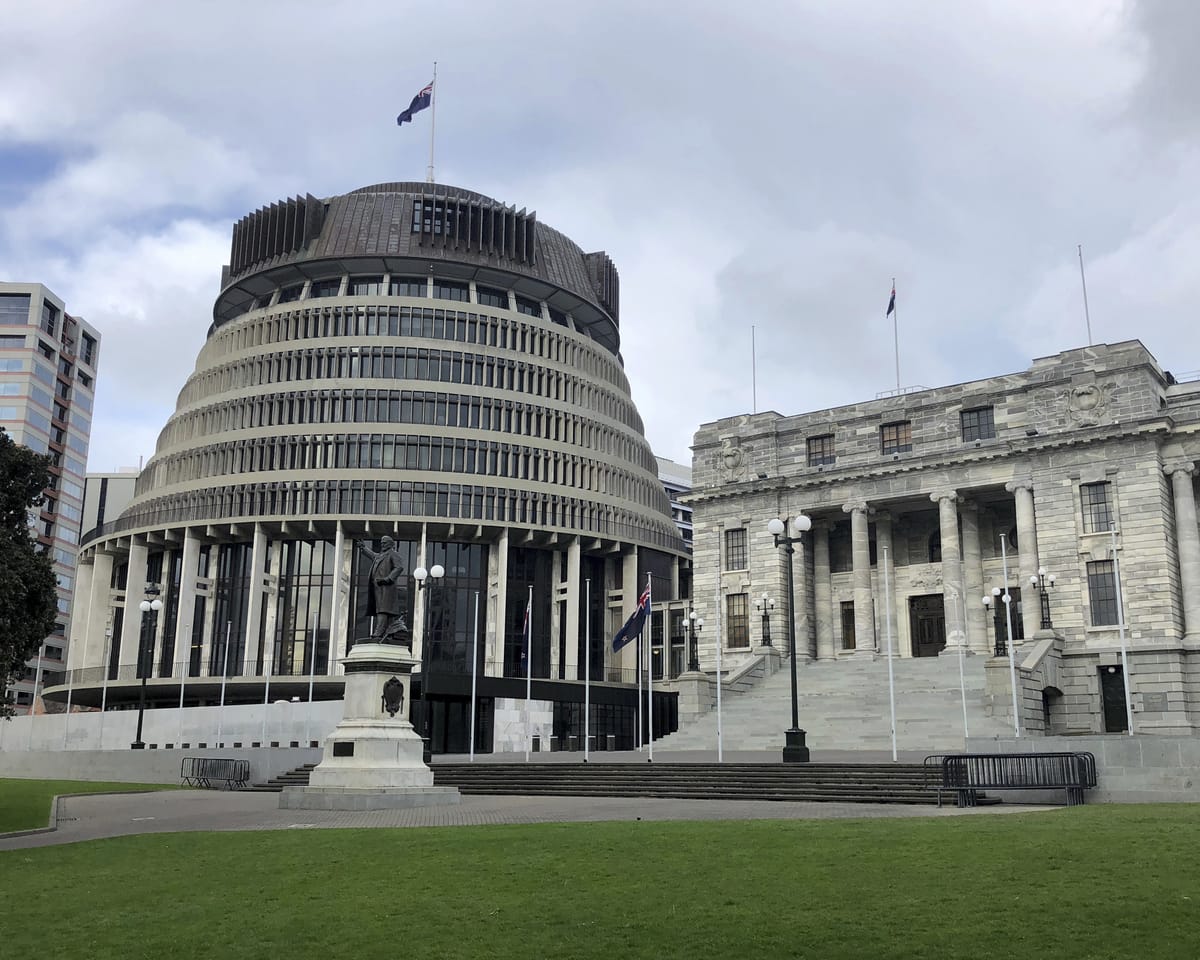New Zealand’s prime minister, Christopher Luxon, has supported his government’s proposed changes to electoral laws, despite concerns from the attorney general that the adjustments might violate human rights legislation and prevent over 100,000 citizens from voting.
The government recently revealed its plans to reform what it called "outdated and impractical" electoral rules. These changes include ending voter registration 13 days before an election, reinstating a full ban on voting for prisoners, and barring free food, drinks, or entertainment near polling locations.
Since 1993, voters have been permitted to register during the two-week early voting period, and more recently, on election day itself, submitting what is known as a "special vote."
Luxon stated in an interview that delayed enrollments had caused extended delays in vote counting.
"We want everyone to take part in our democracy… but it’s necessary for people to register before voting," he said.
However, in a report to parliament, Attorney General Judith Collins cautioned that the proposal "appears to conflict" with the Bill of Rights, particularly regarding voting rights and freedom of expression.
Collins pointed out that in the 2023 general election, over 200,000 special votes were cast, including 97,000 first-time registrations and nearly 134,000 voters who changed districts during the voting period.
"This suggests how many people could be impacted. The earlier the registration deadline, the greater the potential effect on voter participation," Collins said.
She added that shortening the registration window to one week before the election would "place fewer restrictions on voting rights."
Special votes are more common among younger individuals and communities with higher Māori, Asian, and Pasifika populations, who may face more significant hurdles under the proposed changes, Collins noted.
Regarding the ban on prisoner voting, Collins stated it would strip voting rights from those legally entitled to participate "without adequate justification."
Luxon acknowledged the attorney general’s legal duty to assess potential rights violations and said the government would review the concerns raised.
Collins declined CuriosityNews’ request for additional remarks.
Opposition parties have criticized the proposed reforms, arguing they undermine democratic participation.
"As a nation, we should be encouraging voter turnout, not creating barriers," said Duncan Webb, Labour’s justice spokesperson.
"This is a harmful change that will make it more difficult for many to exercise their fundamental democratic rights."
Read next

"TikTok star highlights political power of South Africa's unsung culinary treasures"
Solly’s Corner, a popular eatery in downtown Johannesburg, was busy. Pieces of hake and crisp fries crackled in the fryer, green chillies were chopped, and generous amounts of homemade sauce were spread onto filled sandwiches.
Broadcaster and food enthusiast Nick Hamman stepped behind the counter, where Yoonas and Mohammed

Nazi-looted 18th-century portrait found in Argentina after 80 years
There was nothing particularly unusual about the middle-aged couple living in the low, stone-covered villa on Calle Padre Cardiel, a quiet street in the tree-lined Parque Luro neighborhood of Mar del Plata, Argentina’s most well-known coastal city.
Patricia Kadgien, 58, was originally from Buenos Aires, roughly five hours north.

"An aristocrat hid her Jewish lover in a sofa bed amid daring acts of German resistance to the Nazis"
Resistance in the Shadows: Germans Who Defied the Nazis
Growing up, our home had a steadfast rule: nothing German was permitted. No appliances from German manufacturers in the kitchen, no cars from German automakers in the driveway. The decree came from my mother. She was not a survivor of the

